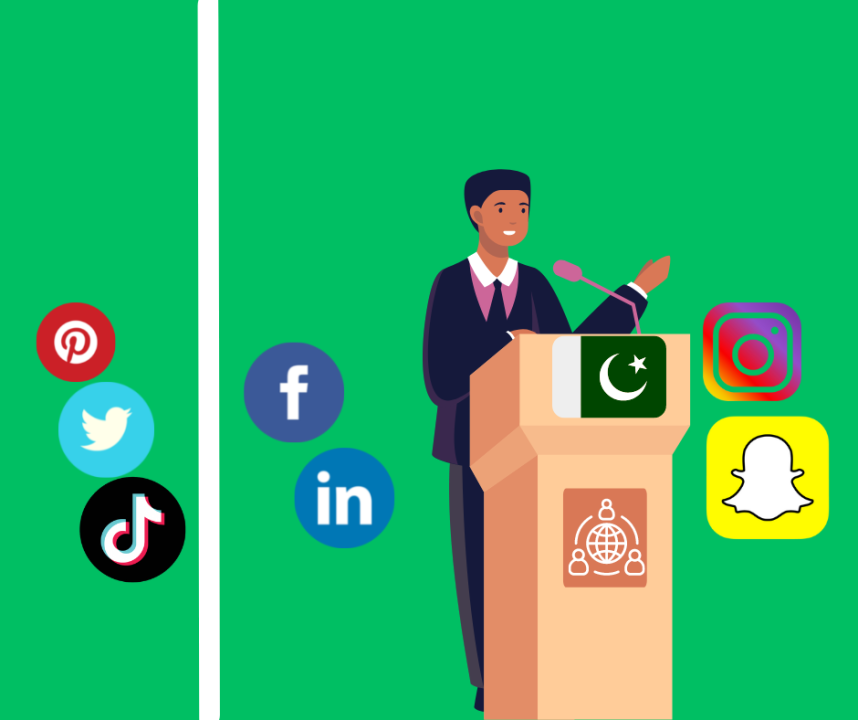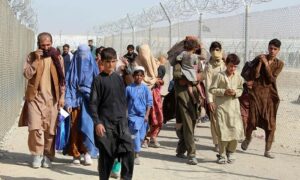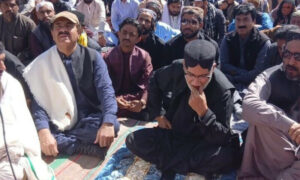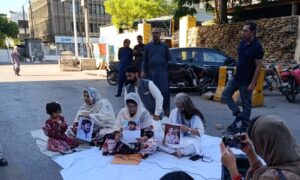The impact of social media on our daily lives is pervasive and often goes unnoticed. It has transformed our communication patterns and the way others perceive us, granting a platform for expression to all who wish to participate. Additionally, it has revolutionized the political landscape, enabling politicians and citizens to use online platforms to share their thoughts and viewpoints on various candidates and policies.
While social media could be viewed as a valuable political instrument, recent news analysis suggests that there are dissenting opinions on its usefulness.
Social media has had a significant impact on the world of politics over the past decade. It has revolutionized the way political campaigns are run and has given a voice to people who were previously ignored. This article will explore the ways in which social media is changing politics and the impact it has on the political landscape.
- Increased Political Participation
Social media has provided a platform for people to express their opinions and share their views on political issues. This has led to an increase in political participation, especially among young people who may not have been interested in politics before. Social media has made it easier for people to get involved in political discussions and to stay informed about political events. - Dissemination of Information
Social media has also changed the way information is disseminated in the political world. News travels faster on social media platforms than it does through traditional media channels. This means that political campaigns can quickly respond to events and get their message out to the public faster than ever before. - Real-Time Feedback
Social media has also given politicians real-time feedback on their policies and actions. Politicians can quickly gauge public opinion on issues by monitoring social media channels. This allows them to make informed decisions that are more likely to be supported by their constituents. - Targeted Advertising
Social media has also made it easier for political campaigns to target specific groups of voters with tailored messages. Campaigns can use data analysis to identify voters who are likely to support their candidate and target them with specific ads. This has made political advertising more effective and cost-efficient. - Increased Transparency
Social media has also increased transparency in the political world. Politicians are now more accountable to their constituents than ever before. They are constantly under scrutiny on social media, and any missteps or unethical behavior can quickly be exposed and shared with the public. - Increased Polarization
However, social media has also increased political polarization. Social media algorithms are designed to show users content that is likely to be of interest to them. This means that people are often exposed only to opinions that align with their own, which can create echo chambers and further divide the public on political issues. - Spread of Misinformation
Social media has also made it easier for misinformation to spread in the political world. Fake news stories and propaganda can quickly be shared on social media platforms, and it can be difficult to distinguish between real and fake information. This can have a significant impact on political campaigns and can even influence the outcome of elections.
In conclusion, we can say Social media has transformed the political landscape, providing an unprecedented level of engagement and access for politicians and voters alike. According to a Pew Research Center report, as of 2021, 69% of Americans use social media, making it a vital tool for political communication. The use of social media platforms by politicians to engage with voters has become increasingly prevalent in recent years. For instance, during the 2016 U.S. presidential election, then-candidate Donald Trump used Twitter to communicate directly with his followers and express his views on a wide range of issues, bypassing the traditional media channels. In addition, social media has become a powerful tool for political campaigns, allowing candidates to connect with their supporters and raise funds more effectively than ever before.
Moreover, social media has enabled citizens to engage more deeply in political issues and has given them a voice in the political process. Social media platforms provide a way for citizens to connect with each other, organize, and raise awareness about important issues. For example, in 2018, survivors of the mass shooting at Marjory Stoneman Douglas High School in Parkland, Florida, used social media to organize a nationwide
student-led march for gun control, which drew hundreds of thousands of participants. Social media has also allowed citizens to hold their elected officials accountable by sharing information and calling attention to issues that might otherwise go unnoticed. Overall, the rise of social media has created new opportunities for political engagement and has helped to make the political process more accessible and transparent.
In conclusion, the influence of social media on politics is undeniable. It has transformed the way politicians communicate with their constituents, enabled citizens to participate more fully in the political process, and created new opportunities for political engagement. As the use of social media continues to grow and evolve, it will undoubtedly have an even greater impact on the political landscape in the years to come.











